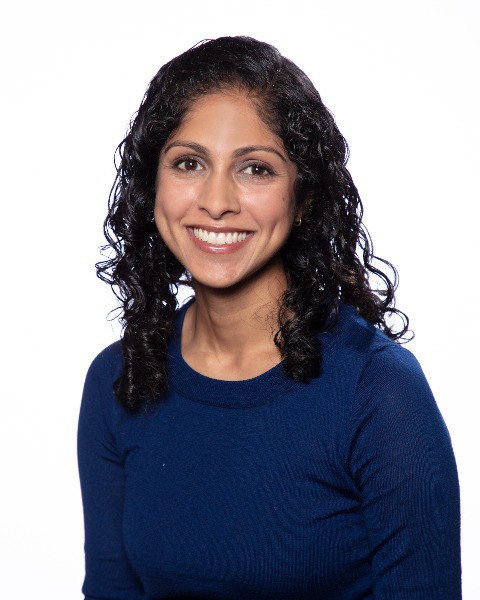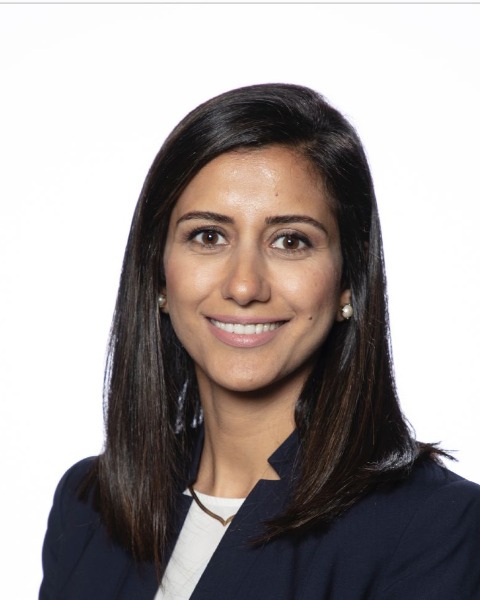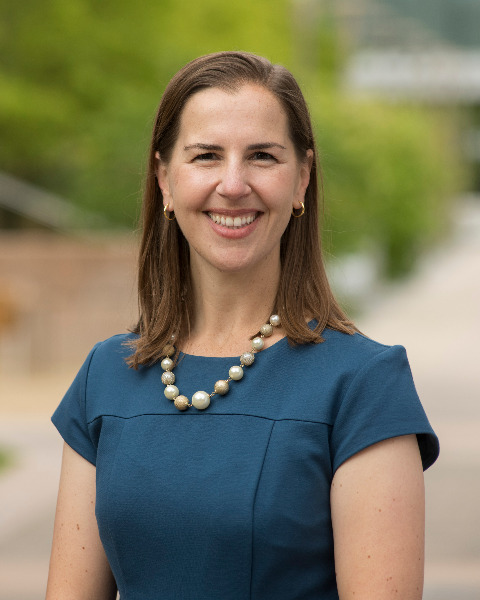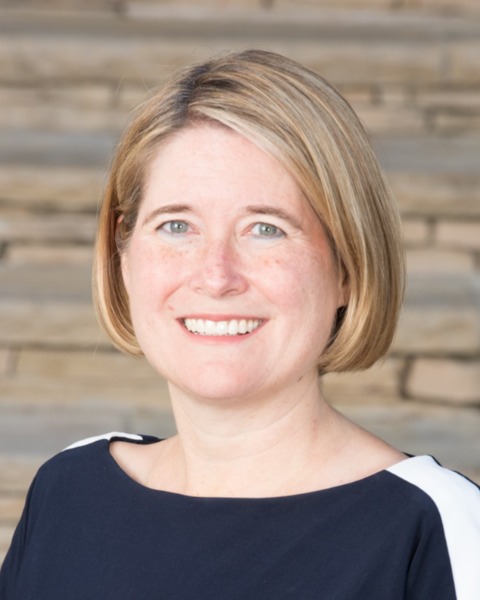Career Development Pathway
Core Curriculum for Fellows
Education Pathway
Medical Education
Trainee Pathway
3090 - Dare to Pair: Pairing Goal-Setting and Expectations with Feedback
-

Neha Purkey, MD
Clinical Assistant Professor
Stanford University
Palo Alto, California, United States -

Marwa Abu El Haija, MD
Clinical Assistant Professor
Stanford University
Palo Alto, California, United States -

Carrie Rassbach, MD, MA Ed (she/her/hers)
Clinical Professor & Residency Program Director
Pediatrics
Stanford University
Palo Alto, California, United States -

Nicole Washington, MD
Attending Physician
Children's Hospital of Philadelphia
Philadelphia, Pennsylvania, United States -
MT
Michelle Thompson, MD, MACM
Clinical Associate Professor, Pediatrics
Children's Hospital Los Angeles/Keck SOM of USC
Los Angeles, California, United States -

Rebecca Blankenburg, MD, MPH (she/her/hers)
Clinical Professor, Assistant Dean of GME, and Associate Chair of Education, Pediatrics
Pediatrics
Stanford University School of Medicine
Palo Alto, California, United States
Leader(s)
Co-Leader(s)
A wealth of literature has been published on the art of giving feedback to trainees. While many authors cite the importance of expectation setting in good quality feedback, the process of pairing goal setting and expectations with feedback can be daunting.
In this highly interactive workshop, participants of all levels will engage in a two-part discussion about identifying learner goals to set expectations and giving feedback on these predetermined expectations. In the first part, facilitators will provide an overview of theories related to goals and expectation-setting, including the concept of deliberate practice and self-determination theory. Facilitators will then present tangible tools related to identifying one’s own expectations for learners and setting shared expectations with learners. In facilitated small groups, participants will then role-play the concepts learned.
In the second part of the workshop, facilitators will discuss relevant theory related to giving feedback, beginning with the basics of the ADAPT (Ask-Discuss-Ask-Plan Together) model and including concepts related to further goal setting and moving learners along their zone of proximal development. Presenters will then highlight specific language to use when giving feedback. Participants will then apply the concepts learned to two different scenarios, with the excelling learner and the struggling learner. A final large group discussion will summarize the take home points of the workshop and highlight concrete pearls for integration into the participants’ future teaching practice.
